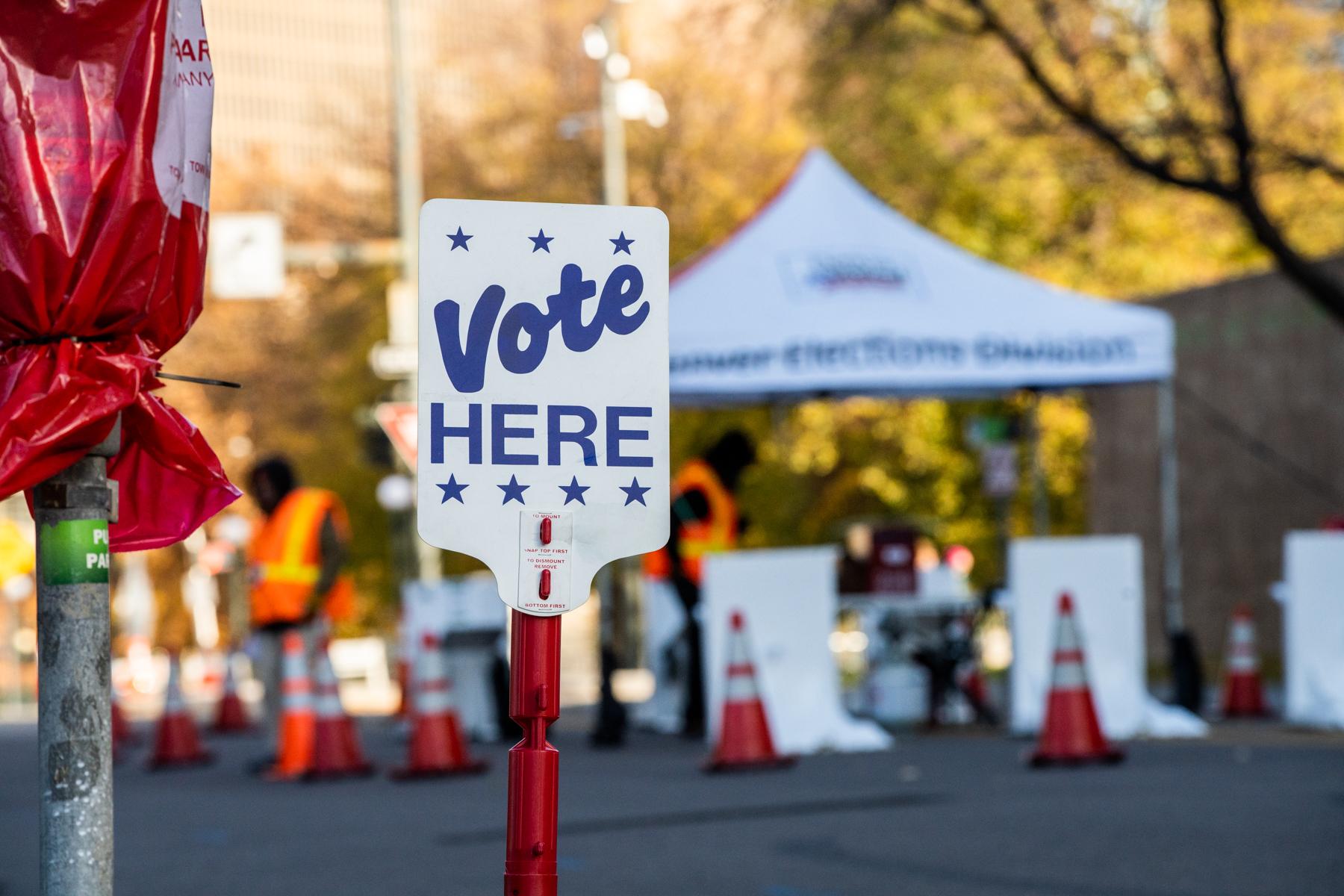
Proposition HH — the ballot measure backed by Democrats that would slow property tax increases while reducing TABOR refunds — will be decided by voters on the fall ballot in Colorado after the state Supreme Court rejected a challenge to its constitutionality.
The justices did not rule on the merits of a claim that questioned the measure’s constitutionality but instead found that precedent prevents them from addressing it until after voters have passed it.
The suit was filed by a host of Republican officials, counties and the small government group, Advance Colorado. It argued that Prop HH, by both reducing the statewide residential property tax assessment rate and retaining state revenues that are normally refunded through TABOR, violates the requirement that ballot measures only cover a single subject.
“While (HH) should have been struck down before even going on the ballot, voters are smart — and they’ll send a clear message to the politicians at the Capitol this November,” said Michael Fields of Advance Colorado Institute in a statement.
Advance Colorado is also pursuing its own measure for the 2024 ballot that would cap how much property tax revenues can grow each year.
The court also rejected a second part of the lawsuit that argued the wording of HH is overly confusing and leaves out key details of what the proposition would do. Justices found the proposition meets constitutional requirements in those areas.
In a statement, state Senate President Steve Fenberg said: “We’re glad to see the Colorado Supreme Court affirm what the District court already ruled — Proposition HH is constitutional. We look forward to Coloradans being able to vote on tax relief in November.”
Democratic lawmakers put Proposition HH on the ballot in their spring session. It would reduce the tax assessment rate for residential properties, essentially keeping taxes from increasing as rapidly as they are set to do under ballooning property values. It would also allow the state to hold onto money it would otherwise have to refund under the Taxpayer’s Bill of Rights. Some of that retained money would go to local governments and school districts to backfill lost property taxes, with the state putting the rest into the state education fund.








